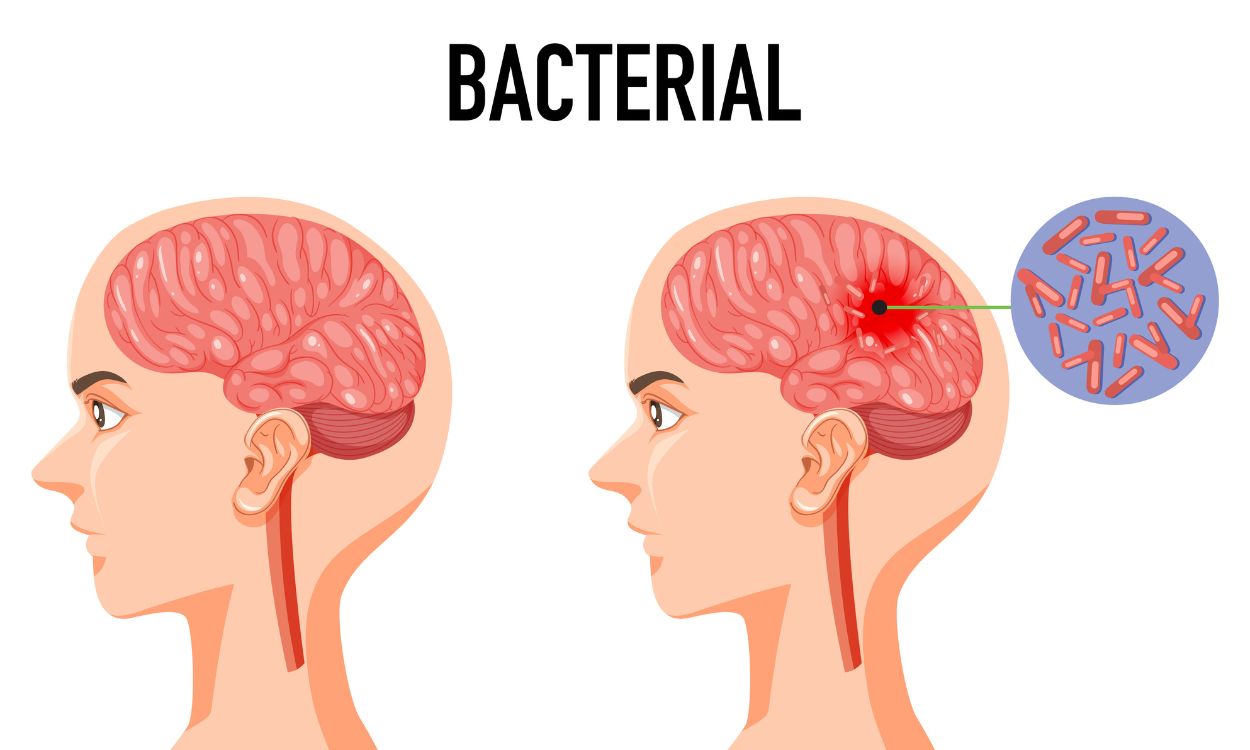Understanding and Treating Chronic Bacterial Meningitis: A Comprehensive Guide
Introduction:
Chronic bacterial meningitis is a serious medical condition that affects the brain and spinal cord. It is caused by the inflammation of the protective membranes that surround the brain and spinal cord due to bacterial infection. This condition can lead to severe complications and even death if left untreated. In this article, we will discuss the causes, symptoms, diagnosis, and treatment of chronic bacterial meningitis. We will also explore how Fitpaa, an AI-driven metabolism monitoring and management technology, can help in the management of this condition.
Causes:
Chronic bacterial meningitis is caused by the invasion of bacteria into the cerebrospinal fluid (CSF) that surrounds the brain and spinal cord. The most common bacteria that cause this condition are Streptococcus pneumoniae, Neisseria meningitidis, and Haemophilus influenzae. These bacteria can enter the CSF through various means, such as head trauma, surgery, or infections in other parts of the body.
Symptoms:
The symptoms of chronic bacterial meningitis can vary depending on the severity of the infection. Some common symptoms include fever, headache, nausea, vomiting, sensitivity to light, and stiff neck. In severe cases, patients may experience seizures, confusion, and loss of consciousness.
Diagnosis:
Diagnosis of chronic bacterial meningitis involves a combination of physical examination, medical history, and laboratory tests. A doctor may perform a lumbar puncture to collect a sample of CSF for analysis. The CSF sample is then tested for the presence of bacteria, white blood cells, and other indicators of infection. Imaging tests such as CT scans or MRI may also be used to detect any abnormalities in the brain or spinal cord.
Treatment:
The treatment of chronic bacterial meningitis involves the use of antibiotics to kill the bacteria causing the infection. The choice of antibiotics depends on the type of bacteria causing the infection and the severity of the condition. In some cases, surgery may be required to remove any abscesses or infected tissue. Patients may also require supportive care, such as intravenous fluids and pain management.
Fitpaa and Chronic Bacterial Meningitis:
Fitpaa can play a crucial role in the management of chronic bacterial meningitis. The AI-driven metabolism monitoring and management technology can help in optimizing the patient’s metabolism, which is essential for the body to fight off infections. Fitpaa’s medical nutrition therapy (MNT) specialists can work with the patient to develop a personalized nutrition plan that supports their recovery. The Fitpaa Capsule, which includes medical therapy, medical exercise therapy, medical nutrition therapy, and cognitive behavior therapy, can help in strengthening the patient’s organ systems and improving their overall health. Fitpaa’s real-time guidance technology can also help in building healthy habits and providing timely nudges to ensure that the patient follows their treatment plan.
Conclusion:
Chronic bacterial meningitis is a serious medical condition that requires prompt diagnosis and treatment. With the help of antibiotics and supportive care, patients can recover from this condition. Fitpaa’s AI-driven metabolism monitoring and management technology can play a crucial role in the management of chronic bacterial meningitis by optimizing the patient’s metabolism and providing personalized nutrition and exercise plans. If you or a loved one is suffering from chronic bacterial meningitis, consult a doctor and consider using Fitpaa to support your recovery.









